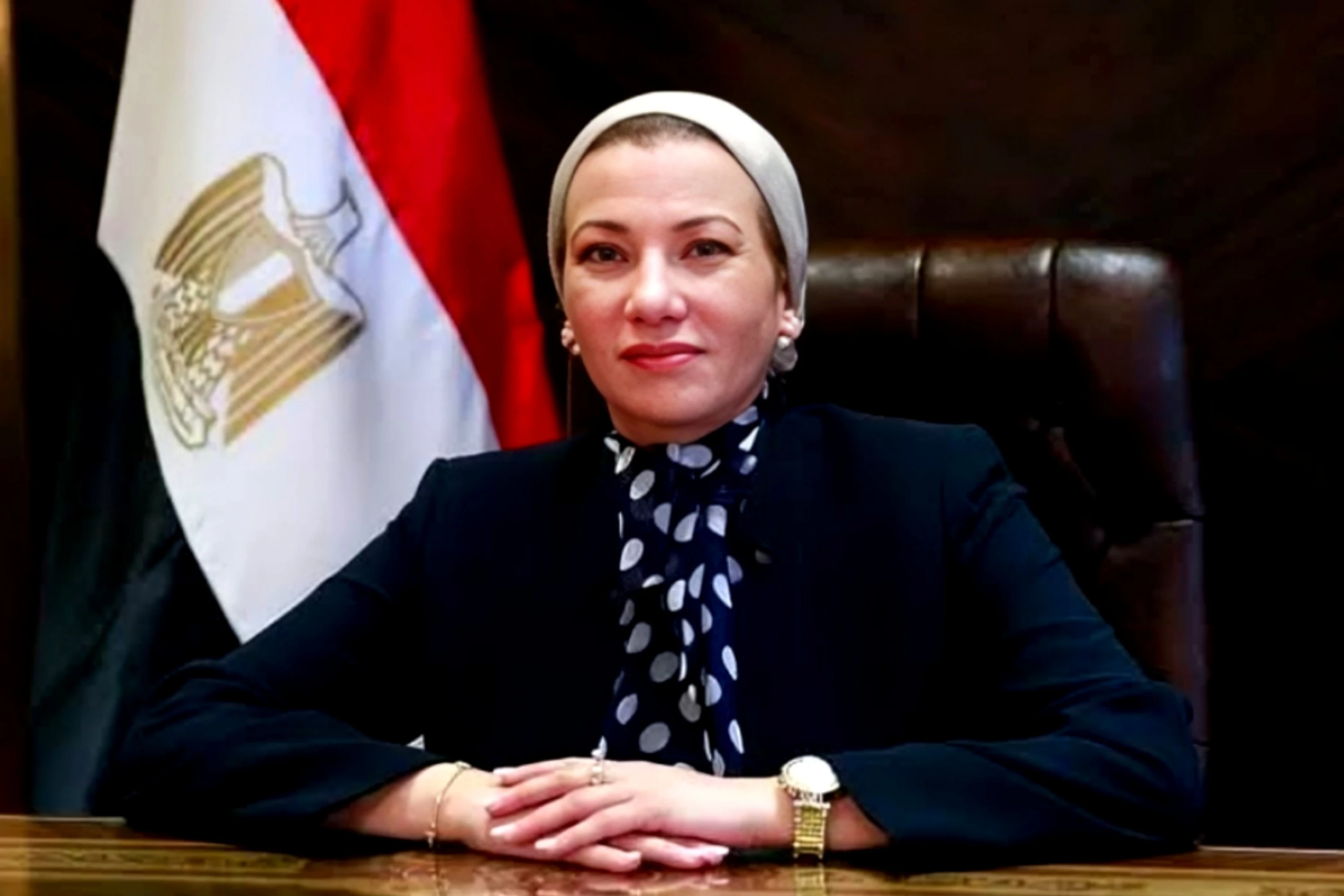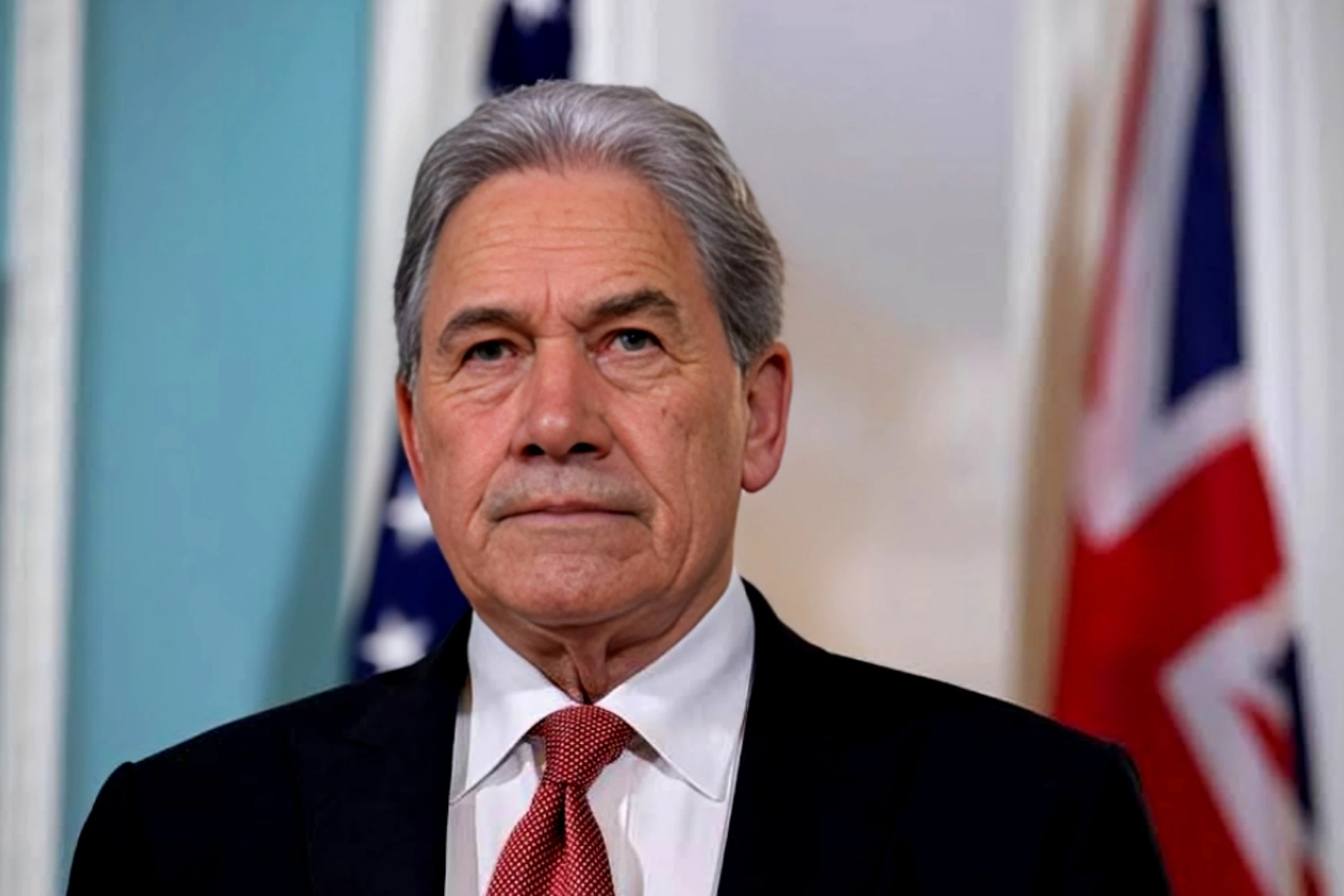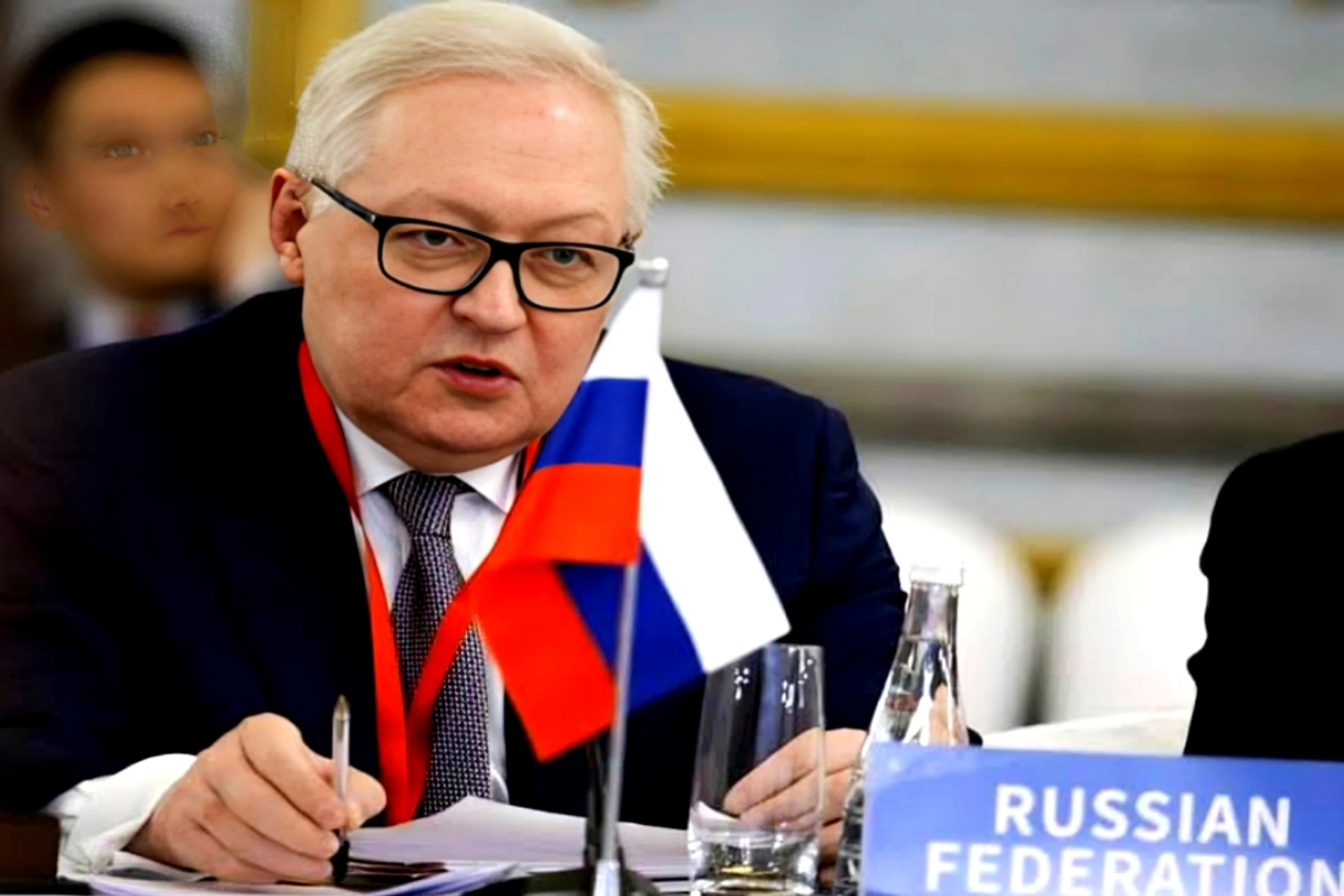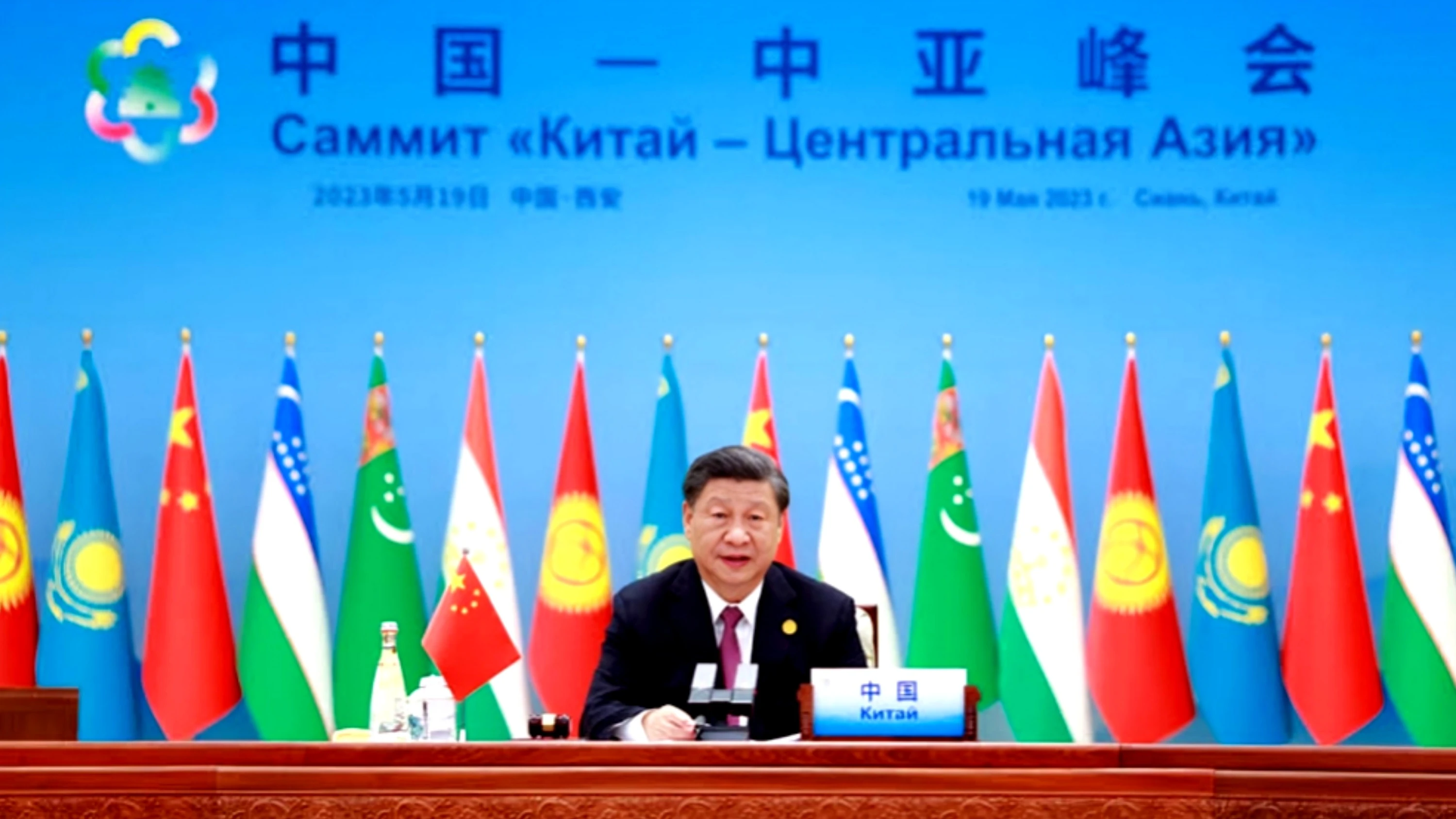Cairo: In a virtual meeting, Egypt’s Minister of Environment Yasmine Fouad and French Minister for Ecological Transition, Energy, Climate and Risk Prevention Agnès Pannier-Runacher explored avenues for closer cooperation on marine environmental issues, with a special focus on tackling plastic pollution in the Mediterranean.
The meeting, held ahead of the United Nations Ocean Conference set for June 9–13 in Nice, France, also touched on Egypt’s role in advancing global ocean conservation efforts. Fouad expressed appreciation for France’s environmental leadership and stressed the importance of integrating blue economy priorities, marine biodiversity protection, and global efforts to forge a treaty on plastic pollution into a unified, action-driven agenda at the upcoming conference.
Fouad highlighted Egypt’s keen interest in the conference, especially as it prepares to host the Barcelona Convention later this year. She emphasized the need to use the event as a platform to promote sustainable practices in the Mediterranean and to encourage broader regional cooperation.
She reaffirmed Egypt’s backing for a comprehensive and equitable international agreement to combat plastic pollution—one that reflects the principle of common but differentiated responsibilities and addresses the specific needs of developing countries.
Fouad also called for the establishment of effective financial tools and the transfer of clean technologies to help countries meet environmental goals. She outlined Egypt’s recent environmental policy advances, including the introduction of Extended Producer Responsibility (EPR) and fees on single-use plastic bags, along with a nationwide waste management law grounded in circular economy principles.
Among Egypt’s local initiatives, Fouad cited the Nile Cleanup Initiative, which involves fishermen and women in collecting plastic waste from the Nile for recycling, creating both environmental and economic benefits for communities, particularly for women.
She further stressed the importance of assessing the economic and social impacts of phasing out plastic use and called for affordable alternatives and solid legal frameworks to support a sustainable transition.
Pannier-Runacher praised Egypt’s environmental leadership and active engagement in global sustainability efforts. She emphasized the urgency of adopting alternative materials, investing in recycling infrastructure, and transitioning to reusable plastics in order to protect marine ecosystems and ensure ocean health for future generations.








